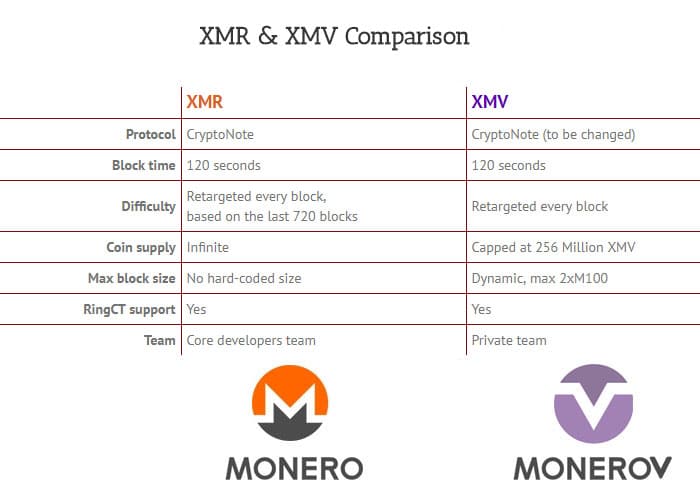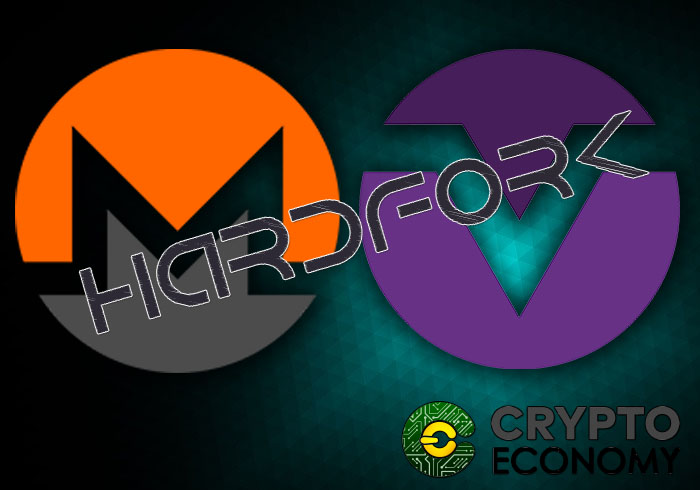The Hardfork of Monero (XMR) that was originally scheduled for March 28 in block #1539500, has changed its date for April 6. According to its official website, it has been made so that developers have more time to update the project.
The new block for the Fork will be #1546500, basically it will be a forced software update where a new currency will not be created. The update will include an update of Monero’s official wallet among other improvements.
So far, the Monero network (XMR) has had Hardforks scheduled more or less every 6 months, where only security issues and network protocols have been updated – but no new currency was created.
On April 30th this will change with the next Hardfork planned in the Monero network in block #1564965. Monero’s owners will be giving the new MoneroV coin, which will be distributed via airdrop.
On Monero’s official website, they inform:
“The Monero.org team sees its mission in the accumulation of accurate information in the bifurcation of XMV and to provide informational support to the community and services considering the integration of the bifurcation. To ensure a smooth transition and a timely distribution of XMV among customers, we are ready to provide technical assistance for your project during the bifurcation.”
On the MoneroV website, they denominate their currency as “The best private digital currency in the world” and add that it is a point-to-point, truly anonymous, decentralized and finite electronic currency, safe and with low commissions.
All the owners of Monero (XMR) in block #1564965 will receive MoneroV (XMV) and for each Monero they will get 10 MoneroV. To receive the Airdrop from the MoneroV team it is advised to have the tokens in the GetMonero.org or MyMonero.com wallets. If it is in an Exchange, the benefit of Airdrop depends on whether the exchange office accepts the hardfork or not.

What are the differences between XMR and XMV?
The main differences between Monero and MoneroV are:
- While XMR has an unlimited supply, XMV has a finite number of currencies set at 256 Million.
- MoneroV will focus on mitigating the massive use of botnets and browser-based miners.
- It will have an active development fund that will be used for rapid development and integration of features in the development process based on voluntary donation of Monero.
- It will implement new protocols that will solve the scaling problems faced by Monero and other cryptocurrencies such as Bitcoin.
Before this Hardfork, on the official website of Monero it is commented that, although the update seems ambitious, they cannot ignore the safety of its users and give the following advice so that people who want to access MoneroV take into account:
- Reusage of private keys. The developers of MoneroV ask those who want to apply for their token to use a Monero’s private wallet key. These are highly confidential private keys – the person who has their private key can access their cryptocurrencies.
- Currently there is no open source wallet for MoneroV. The developers promise to release the wallet a few days after the bifurcation due to the need to compile and test the entire infrastructure and open it in advance. It is recommended to use the wallet at your own discretion after it has been open sourced and has been adequately reviewed by independent researchers.
- Private Team. This is not necessarily a security problem, although it has more weight combined with other notions. MoneroV’s own team affirms that this is done in the name of “true privacy and decentralization”.










